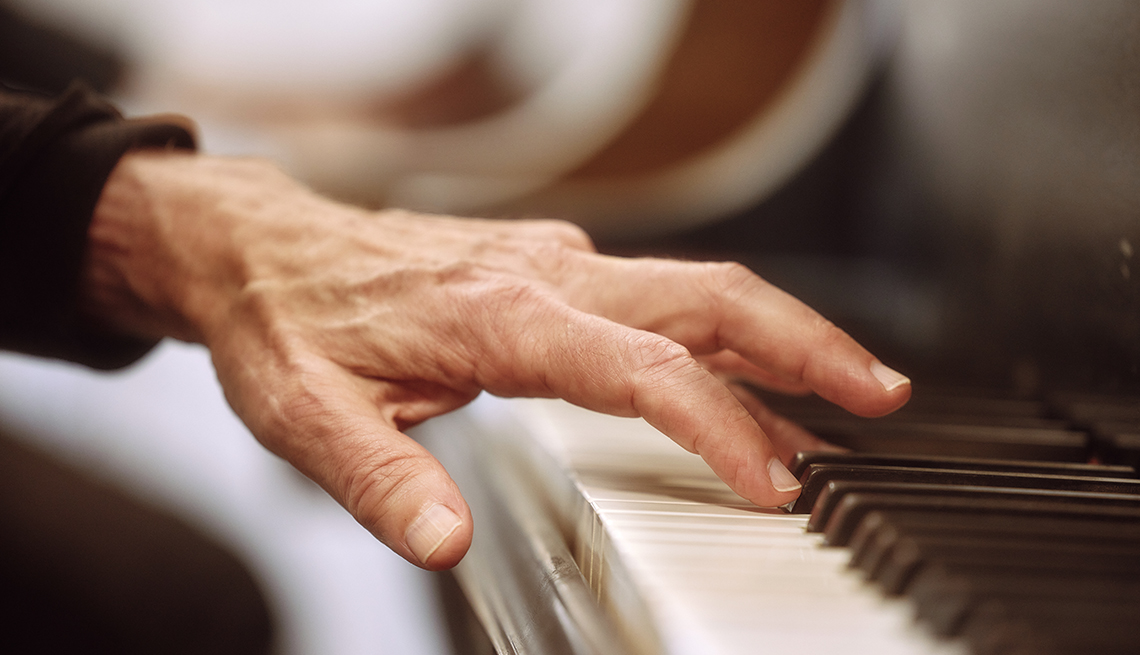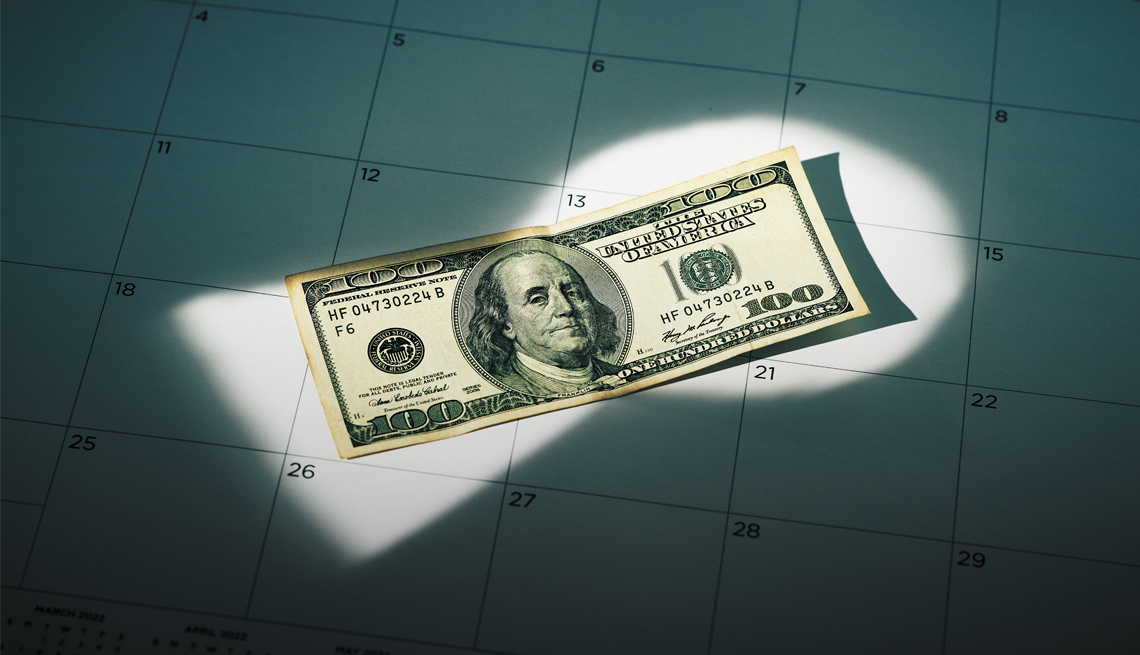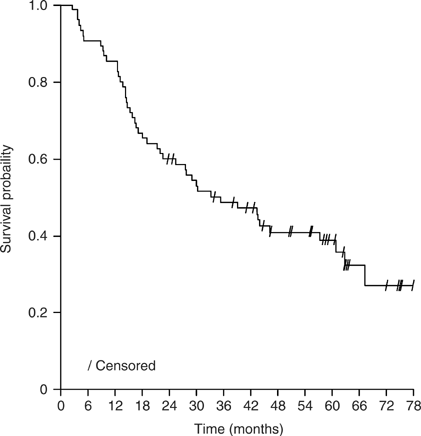
- Select a language for the TTS:
- UK English Female
- UK English Male
- US English Female
- US English Male
- Australian Female
- Australian Male
- Language selected: (auto detect) - EN
Play all audios:
All the while, a few other things are happening in the brain, says Larry Sherman, professor of neuroscience at the Oregon Health & Science University and author of the book _Every Brain
Needs Music: The Neuroscience of Making and Listening to Music_. For starters, he says, when we play an instrument, we may be growing new neurons, or nerve cells in the brain. Most of the
brain’s neurons are created by the time we’re born, according to the National Institute of Neurological Disorders and Stroke. “But when you do something like learning an instrument, which is
such a cognitive challenge, there’s [research] to suggest that kind of activity can really drive the generation of new cells,” Sherman says. “Your brain is on fire,” Burdette says.
“[Playing music] basically lights it up.” — Jonathan Burdette, M.D., a professor of neuroradiology at the Wake Forest University School of Medicine Neurons need to be able to process
information at high speeds when you make music — think of how quickly a musician has to translate a note on a page to the pluck of a string. When you practice music, the brain produces
myelin, an insulating material that wraps itself around the neurons and facilitates the fast flow of information. “If you have myelin, I always like to say it’s like your nerve impulses are
driving on the autobahn in Germany at midnight, where there’s no speed limit — so you can go 200 miles an hour and no one’s going to stop you,” Sherman says. Finally, when we learn new and
challenging things, like how to play the piano, Sherman says, we generate new synapses, which help to pass information from neuron to neuron. “And when we rehearse music that we’ve learned
before, we strengthen those synapses,” he adds. Research suggests the making of myelin and strengthening of synapses declines with age, so doing an activity that can rev up both actions
means “you’ll have a better chance of [preserving] those processes and a better, more functional brain,” Sherman says. Music can even affect the structure of the brain. “There’s an
important part of the brain called the corpus callosum, which is the connection between your left and right brain, and musicians tend to have a bigger one,” says Bernard R. Bendok, M.D.,
chair of the Department of Neurologic Surgery at the Mayo Clinic in Phoenix. Musicians also tend to have more gray matter, he says, which is the area of the brain with a high concentration
of neurons. Jared Soares IT’S NOT TOO LATE TO START Learning to play a musical instrument is often thought of as a young person’s sport, but really, the brain can learn new things at any
age — an ability that scientists refer to as neuroplasticity. The biggest difference between learning as a youngster and picking up an instrument later in life is that it can take more time
when you’re older, mostly because a young brain is more malleable. (This is also why young kids can learn another language so quickly.) “It’s not that you can’t teach an old dog new tricks,
it just takes longer,” Sherman says. But don’t let that deter you, says Bendok, whose research involves mapping the brains of musicians. “I think we overemphasize that. And just like it’s
never too late to start going to the gym — as long as it’s okay with your cardiologist — it’s never too late to grow new mental skills and to learn new skills,” he says.



